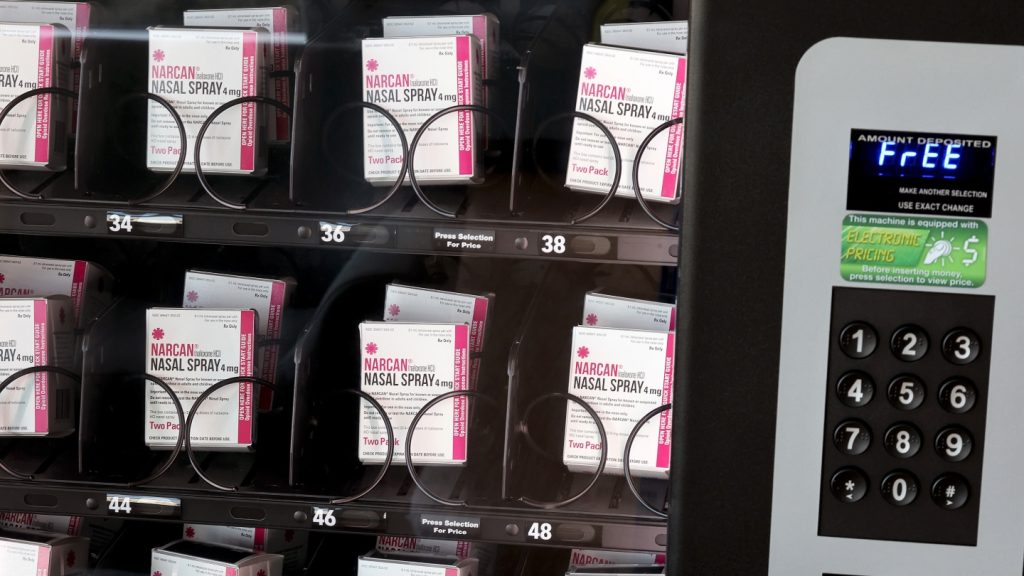U.S. college students show awareness of opioid overdose signs and willingness to help but lack knowledge of how to use naloxone, a drug that can reverse an overdose. A study surveyed undergraduate and graduate students, revealing that a majority can identify symptoms of an overdose and feel comfortable calling emergency services. However, only a small percentage knew what naloxone was used for or how to administer it, underscoring the need for education and training programs on this life-saving drug.
The study, conducted by Christina Freibott and colleagues, analyzed data from the 2021–2022 Healthy Minds Study, which focused on mental health issues among college students aged 18 to 25. The findings suggest that college students are willing to help during an overdose but lack the necessary knowledge and resources. This highlights an opportunity for more widespread opioid education and naloxone training programs to equip students with the tools to effectively intervene in such situations.
Increasing awareness about naloxone usage is crucial in addressing the opioid epidemic, which has seen a rise in overdose deaths involving fentanyl and other synthetic opioids. Public health efforts, such as training sessions and distribution programs for naloxone, aim to combat opioid-related fatalities. The availability of naloxone on college campuses and in community centers, including vending machines, provides easier access to this life-saving medication.
The majority of opioid deaths in the U.S. are attributed to fentanyl and its synthetic counterparts, posing a significant risk to young individuals. Counterfeit prescription drugs containing fentanyl have led to unintentional overdoses among adolescents and young adults. Recent data shows an increase in overdose deaths related to counterfeit pills, indicating the need for heightened awareness and prevention strategies, particularly among the youth population.
Recognizing the signs of an opioid overdose, such as slowed breathing, constricted pupils, and unresponsiveness, is crucial for prompt intervention. Naloxone nasal spray can reverse opioid effects, but multiple doses may be necessary in cases of fentanyl overdose. Dissemination of overdose education and naloxone distribution programs can help reduce opioid-related deaths, emphasizing the importance of reaching diverse populations, including college students, to improve access to life-saving interventions.
The study serves as a reminder of the importance of not assuming awareness or comfort in using naloxone among specific groups. Further research on effective dissemination methods for overdose prevention programs, particularly targeting college students, is needed. Understanding the most impactful ways to engage this population in education and training initiatives will be essential in mitigating the devastating impacts of the opioid crisis and saving lives through timely intervention.


